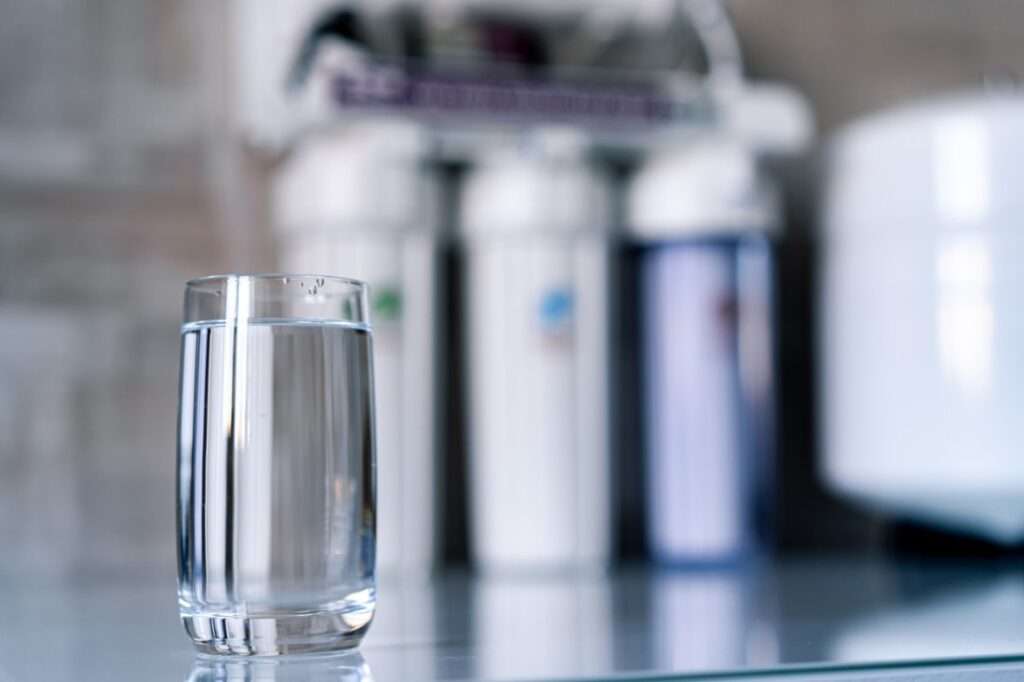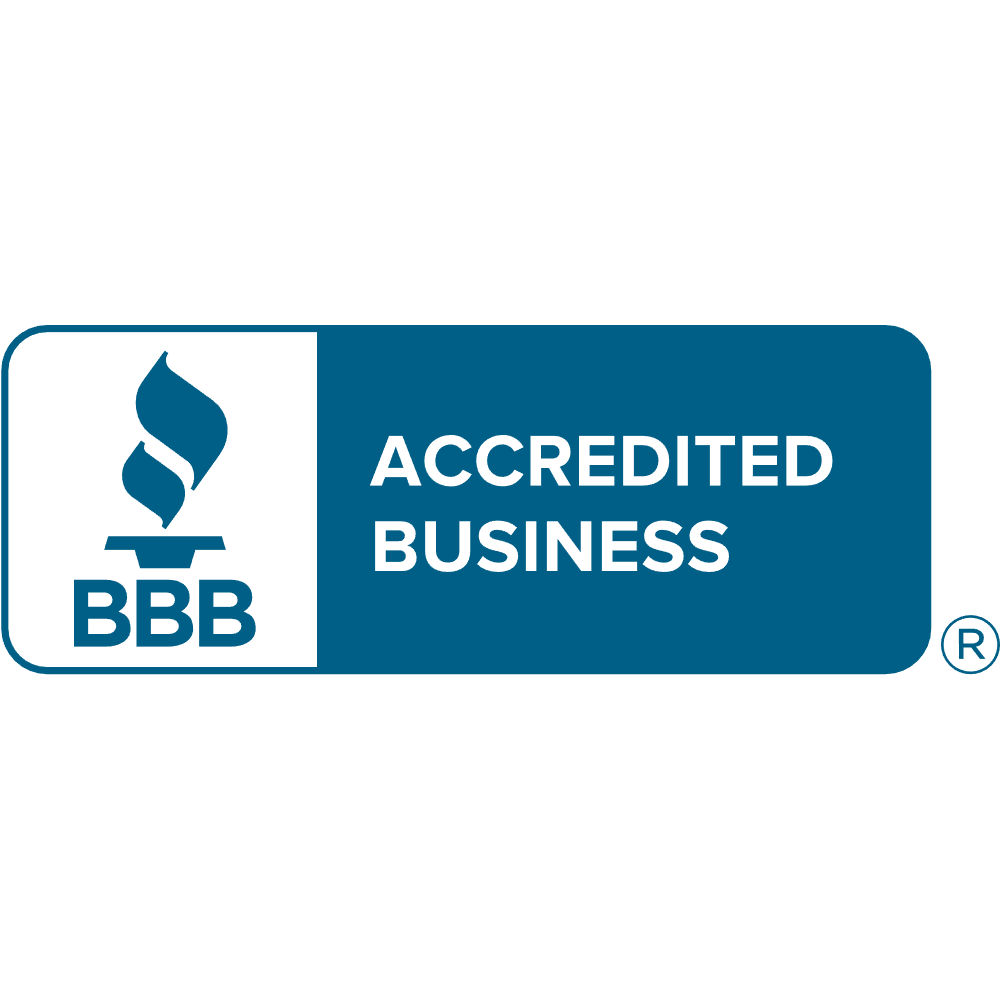News
Choosing the Best Drinking Water System for Your Ohio Valley Home

You can never be too careful when it comes to your well-being and that of your family. One of the most important, yet overlooked, steps you can take is ensuring that your home has clean, healthy drinking water. Decisions that affect your health and have a huge impact on your life can be difficult to make, so it is important to be well-informed. When deciding on which water filtration system is right for your home, there are a few different options to consider. Let’s take a more in depth look at these water systems.
Reverse Osmosis
Reverse osmosis, or RO, systems are an alternative to buying bottle water. If your concerns are taste, odor, or not knowing what is in your drinking water, then having an under the sink reverse osmosis system might be right for you. RO systems are typically installed under the kitchen sink and an additional line can be run to the refrigerator for purified water and ice.
These systems remove contaminants in the water that are up to 75,000 times smaller than a human hair. The RO does not collect and hold on to the contaminants like a typical filter, but instead flushes them down the drain leaving your drinking water 95-99% pure. The purified drinking is then stored in a 3.2 gallon NSF storage tank. Before you drink the purified water, it goes through a calcite filter which puts the good minerals back into the water and raises the pH to an alkaline state.
Not all RO’s use calcite so make sure you ask to be sure you’re getting exactly what you’re looking for. RO systems are recommended for homes where there are a high number of contaminants in the drinking water or where the water is not drinkable. Whole house RO systems are not common due to high cost of purchase, install & service. But, an under the sink RO system costs about .50 cents a day to maintain and should last for about 14 years with proper maintenance.
Whole House Filters
Whole house filters are different from water softeners because they are designed to remove just a few contaminants and whole house filters do not soften the water. There are hundreds of different kinds of whole house filters but the most popular whole house filter is a carbon/ dechlorination filter. These are available at a low cost and provide many benefits to your home.
Whole house carbon/dechlorination filters help with sensitive skin conditions, such as eczema or psoriasis, because you will no longer be exposed to harmful chemicals in your water. They also help keep the colors in your clothing lasting longer. Additional benefits include:
- Reduce potential plumbing issues
- Reduce limescale and other mineral deposits
- Improved taste in drinking water
- Save money
- Save on soap and enjoy cleaner clothes
Depending on the size filter you have, these systems can filter from 20,000, 40,000, or 80,000 gallons of water before needing replacement. Carbon filters cost about .15 to .25 cents a day to maintain and should last for about 25 years.
Water Softeners
Water softeners are recommended for homes where the water is excessively hard, meaning it has a large mineral content. Typically, water is considered very hard if it contains over 7 grams of minerals per gallon. According to Cincinnati’s last available water quality report, homes in the Ohio Valley average anywhere from 9-14 grams, depending on the specific area.
Water softeners will improve your skin and hair, add to the cleanliness and life of your clothes and dishes, will save you money on soap, and reduce your water heating bill. Water softeners are often used in conjunction with a whole house filter and an RO system. When purchasing a water softener you need to consider the size, valve & warranty. Homes with a water hardness level over 9 grams of minerals per gallon should consider a water softener that is at least 45,000 grains. Water softeners cost about .12 to .15 cents a day to maintain and should last about 25 years.
The lifespan of resin is influenced by various factors, including the hardness of your water, local chlorine and chloramine levels, and your household’s water consumption. On average, water softening resin can last anywhere from 5 to 10 years. Regular maintenance and proper care of your water softener can significantly extend the lifespan of the resin. At Ohio Valley Pure Water, we recommend annual checks to ensure optimal performance and efficiency.
Trust in Ohio Valley Pure Water
If you are unsure about the level of contaminants in your area, there are a number of free water tests available. Contact us today to schedule a test and discuss what water filtration option will best suit your needs and lifestyle.



